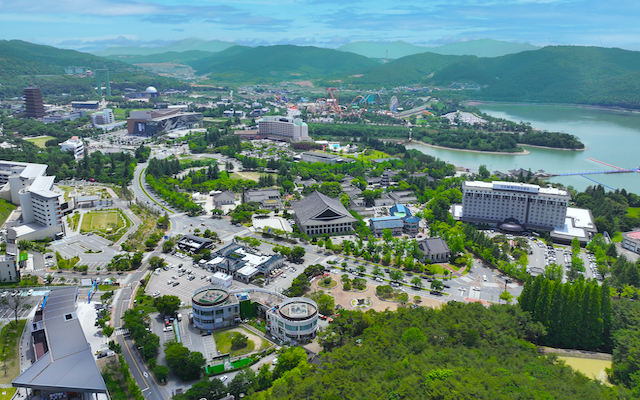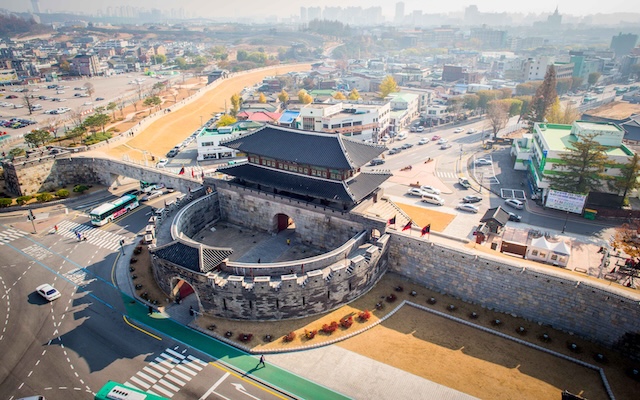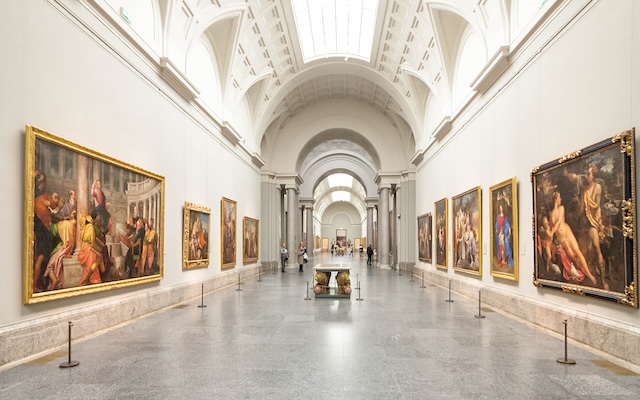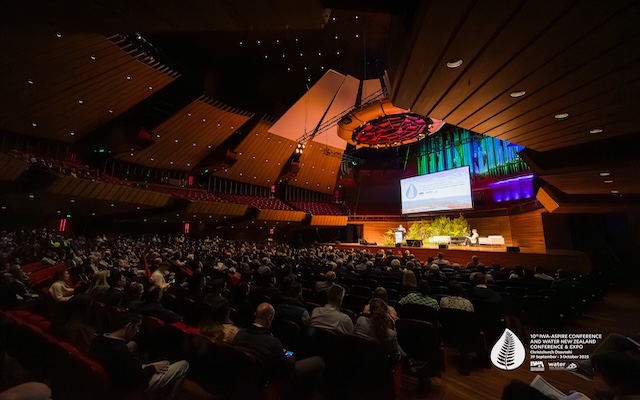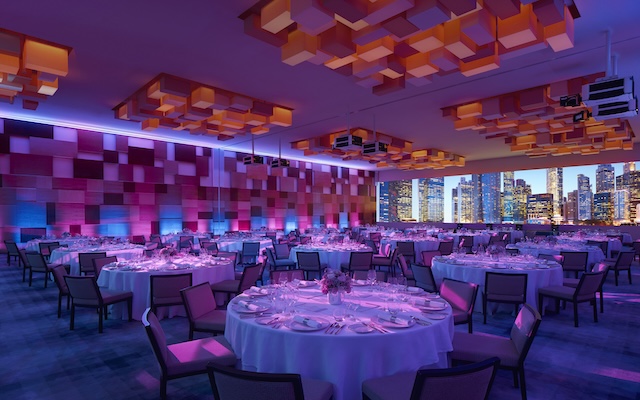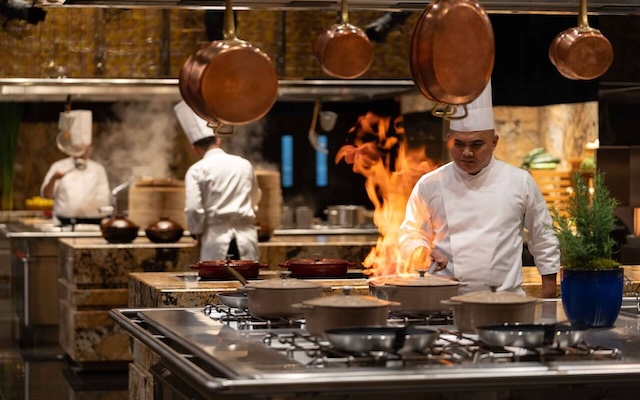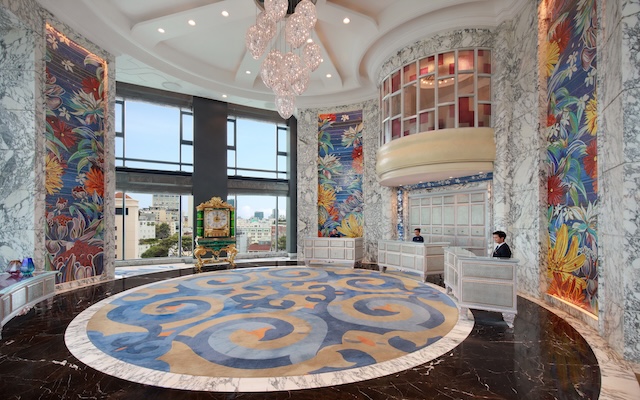Rotorua and Hei Āhuru Mōwai Māori Cancer Leadership Aotearoa will co-host the World Indigenous Cancer Conference (WICC) in 2026.
The conference, scheduled for April 2026, will focus on culturally grounded solutions for cancer care within Indigenous communities. It will bring together 600 health professionals, researchers, and advocates from around the globe, and generate significant economic benefits for Rotorua, estimated at NZ$1 million (US$570,883).

This fourth iteration of the biennial WICC will provide a platform for addressing the disproportionate cancer burden faced by Indigenous populations, identifying research priorities, and sharing innovative approaches. Hei Āhuru Mōwai led the successful bid, with support from Tourism New Zealand Business Events and RotoruaNZ.
The conference will be steeped in Māori tikanga (protocols), values, and storytelling. Beyond academic presentations, the program will showcase Māori culture and incorporate Rotorua’s attractions, providing delegates with a rich cultural experience.
Hei Āhuru Mōwai chief executive Gary Thompson emphasised the significance of Indigenous representation in driving global solutions.
“Aotearoa New Zealand has a wealth of knowledge to share in Indigenous cancer care, including Māori providers delivering hauora services. Hauora, our Māori view of health, embraces the physical, mental, social, and spiritual dimensions of well-being, placing whānau (family) at the heart of care.
“This holistic approach ensures that hospital cancer services and community providers are seamlessly connected to improve outcomes for our people. Through this conference, we aim to share these innovations with other Indigenous nations while learning from their experiences to foster mutual growth and collaboration.”
He also highlighted the stark inequities faced by Māori, who are more likely to be diagnosed at later stages and experience poorer outcomes compared to non-Māori.
“This conference is about solutions – turning these disparities around and empowering Indigenous communities worldwide. We aim to build a strong international network of Indigenous cancer leadership and formalise our collective efforts through the WICC.”






